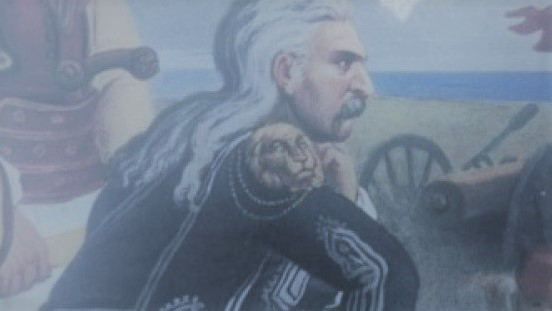Description
Georgia Valasidou and Aristea-Maria Metaxa
How power relations between interlocutors are shaped and practiced has been of interest to pragmaticists. Although extensive research has been done on power relations in the workplace (Fairhurst, 2007; Holmes & Stubbe, 2015), there is no corresponding analysis of power relations at times of turbulent historical periods. The study draws on Kolokotronis’ Memoirs to examine the Greek fighters' relations with the Great Powers and the influence the Great Powers exerted. We draw on Bourdieu's (1986) theory of the importance of cultural capital for power acquisition, Foucault's (1970) theory on the connection of knowledge, history and power, and of the positive/negative effects that power may have. Findings show that, although the Great Powers were more powerful, their relationship with the Greek fighters was a cooperative one rather than one of imposition. These results coincide with Searle's (1995) view of power as a result of agreement rather than of force of struggle.

